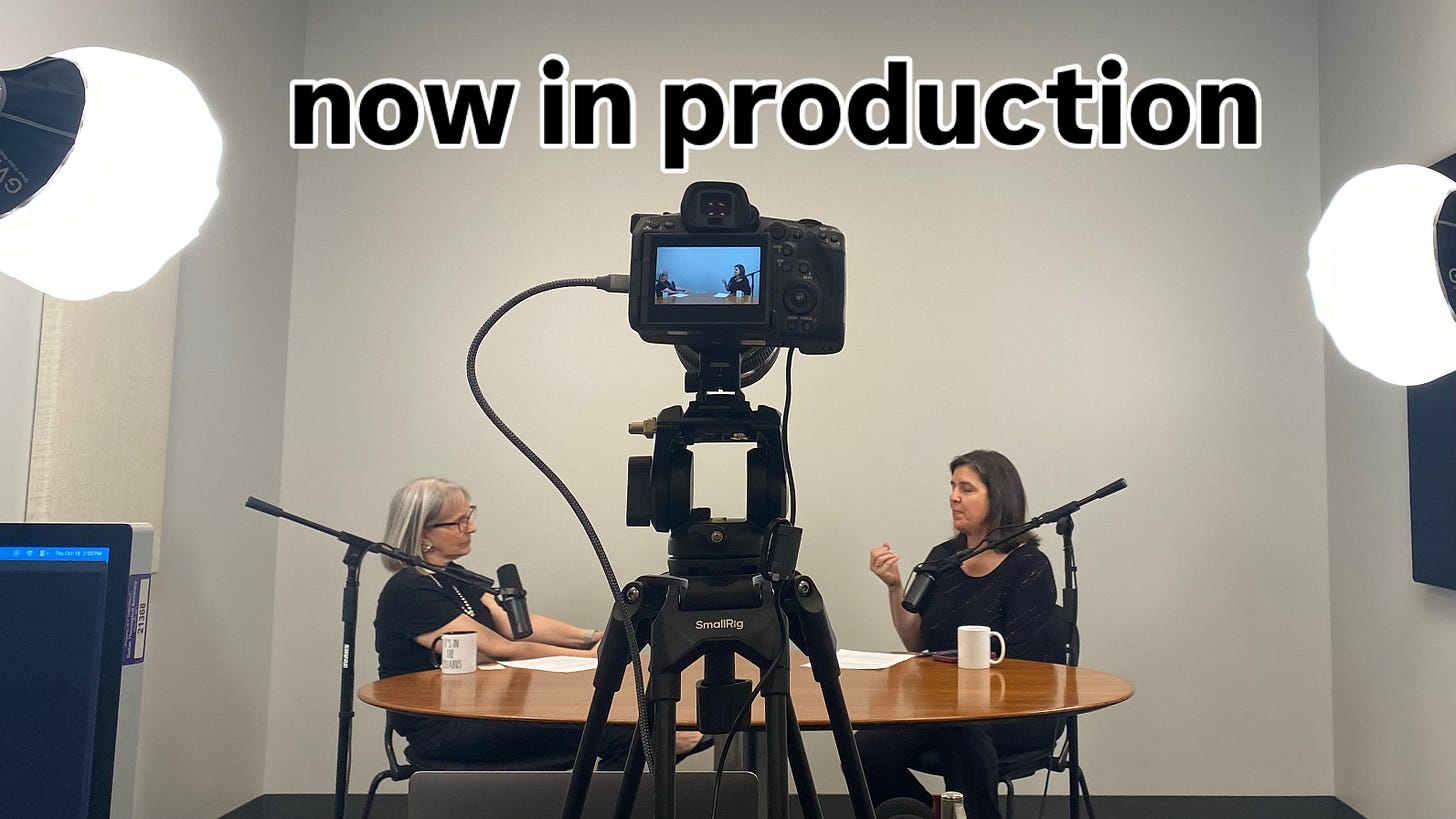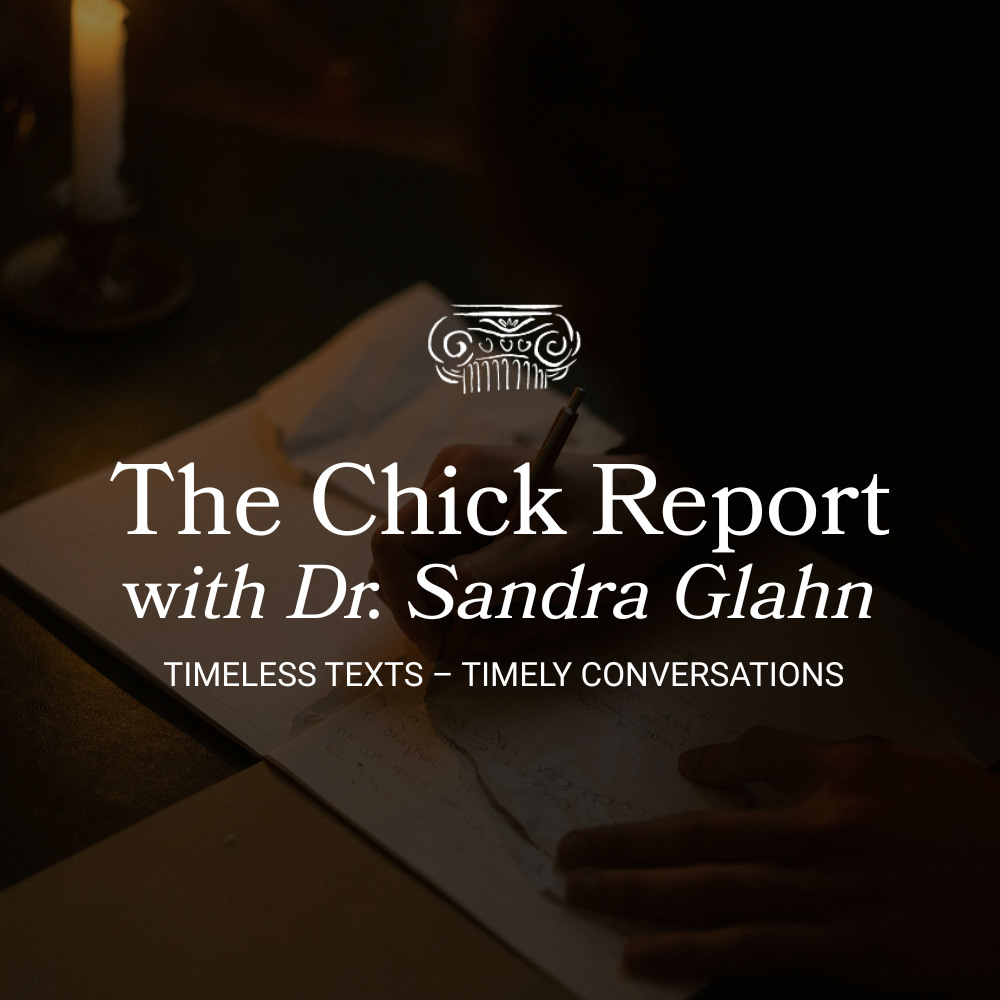Saved through Context
Reexamining 1 Timothy 2:15, Artemis, and Women in Ephesus

This is part four of a series in which I answer questions people have asked me after hearing about or reading my book Nobody’s Mother: Artemis of the Ephesians in Antiquity and the New Testament.
1 Timothy 2:15 is often read as a misogynistic text. In it women are reduced to motherhood and must “save themselves” through childbearing. Why did you decide to reexamine this text?
No one I know teaches that this text says women save themselves. The text says she “will be saved.” Passive. Someone other than the woman saves her.
And motherhood is a holy calling—just not a woman’s only calling.
That said, I believe Paul wrote this text, and I see him as a friend to women, having a pastor’s heart for them. He addresses their number-one fear: dying in childbirth. In his world the number-one killer of women is childbirth.
Long ago, I was taught that a woman with the gift of teaching best channels her teaching energy into instructing children in her own nuclear family. The many people who told me this rooted their teachings in 1 Timothy 2:15.
I endured seven pregnancy losses, three failed adoptions, and an ectopic pregnancy. Believe me, I tried to become a biological mother. But also…are the teaching gifts of single women, retired women, post-menopausal women, infertile women, and childless women useless? Such a limiting of women, especially the unmarried, sounds like the opposite of Paul’s instruction elsewhere. What is the purpose of a spiritual gift? To benefit the entire body of Christ, the church—the entire church, not only one’s singular family unit.
Here’s something I have noticed about this passage: many teachers/commentators have read Paul’s teachings about women (1 Cor 14:33–35; 1 Cor 11:1–16; 1 Tim 2:8–3:1) without seeking to align his teaching with his practice as it relates to women (Romans 16). The two should be congruent. Yet we ignore Romans 16, focusing only on the apostle’s instructions to people in Corinth and Ephesus.
I once polled NT Greek students and asked who among them had ever taken a course that covered the content in Romans 16. Less than half had done so. Two students had even taken entire courses in the book of Romans that never even touched on Romans 16. This data fed into my desire to take a fresh look at the text.
I think we have misread Paul. From his perspective, doing the will of God is a woman’s highest calling, regardless of whether she has children. If Andronicus and Junia had children, he does not mention them. Same with Priscilla and Aquila. And all the women in Romans except Rufus’s mother (whom Paul says has been a mother to him) receive honorable mention without any reference to biological motherhood (16:13).
As a pastor, I wonder why you translate the first pronoun in 1 Timothy 2:15 as “she will be saved if they continue…” instead of “they will be saved if they continue….” All my English translations say “they will be saved if….”? Aren’t you changing the Bible?
I translate the first usage as singular because that’s what Paul does—he uses the singular followed by the plural, which I consider significant to how we interpret his words.
All translations are interpretations. In rendering the Greek into English, translators change Paul’s singular to “they,” presumably to make the text read more smoothly. But that switch is significant. I suspect Paul is borrowing a phrase known to Timothy and putting his own spin on it. Paul loves to do that: “’It is good for a man not to touch a woman,’ but since immorality is happening…” (1 Cor. 7:1), he says. In this case: “‘But she will be saved through childbearing,’ if they continue in faith, love, and holiness with self-control. This is a faithful saying.”
How does your research change the understanding of this text?
My research contradicts the work of those in two groups. Interestingly, these groups are at opposite ends of the interpretation spectrum on this text within evangelicalism. They are:
(1) Those who say Artemis has nothing to do with Timothy’s letter. They say Paul indeed teaches that the one proper outlet for a woman’s teaching gift in the church is through having and teaching children.
(2) Those who say both that Artemis has everything to do with Paul’s meaning, and Artemis was a mothering fertility goddess. They see Paul’s words about childbearing as dissing a fertility goddess.
I say: Neither Jesus nor Paul held up having babies as the ideal. And Artemis is nobody’s mother.
Does your interpretation mean that the text is now completely unproblematic? Or do tensions remain?
I cannot even read Thoreau’s Walden without annotations. And he wrote his work less than two hundred years ago in English, the same language I speak. Peter said Paul says things difficult to understand (2 Peter 3:16)—and Peter wrote in Paul’s own time! We need help reading back to any century other than our own and to any context other than ours. Heck, I cannot even mention a phone booth without some people in my world asking, “Huh?” Some of my students don’t know Paul McCartney was in a famous rock group before he was in Wings. That said, people don’t have to have a PhD in the humanities to understand Paul is arguing that Jesus is superior. We know enough to get the point.
I think it’s problematic to describe the text as problematic. “Sometimes difficult to understand on the surface” comes closer to how I’d describe it.
You emphasize the significance of the Artemis cult in Ephesus. What do we need to know about Artemis to understand the text?
We need to know that Luke talks about her presence in Ephesus (Acts 19) for good reason. Just as we need to read 1 Timothy 2 in partnership with Romans 16, we need to read 1 Timothy in partnership with Luke’s account of the Ephesian context. Acts 19 provides readers with the context in which to understand Paul’s advice to his protégé in Ephesus.
Luke describes the occult and Artemis as spiritual forces in this city. And even if we know nothing about what kind of goddess Artemis was, we can see clues in the text that might explain why in Ephesus husbands/or men are angry and wives/or women are learning and speaking in an disruptive way. Paul offers a short-term solution (quieting) and long-term (“let them [women] learn”) approach to this challenge in the church.
I think it’s helpful to know who Artemis was—that she was firstborn of twins. And that she had a hold on Ephesus that was so gripping that Luke burned through a lot of parchment (which was expensive) writing about her influence. But I would never say a person has to learn backgrounds to get the gist of the Bible. Love God, love your neighbor. Jesus is Lord. It all points to that.
How did the local religious context influence the way Ephesians thought about women, motherhood, and childbirth?
We tend to become like what we worship. People in first-century Ephesus worshipped a goddess seen as a virgin and a midwife. I think there’s a reason we see so many widows in 1 Timothy 5. In Ephesus, young widows are not remarrying, and Paul wants them to marry and have children (1 Tim 5:14). He offers Timothy in Ephesus the opposite advice from what he gives to the unmarried Corinthian widows: think about staying single (1 Cor 7:8). Paul is not contradicting himself. Rather, as a wise shepherd writing to those in differing contexts, he offers differing counsel.
In pagan religion Artemis is second only to Zeus in terms of their perceived hold on people in Paul’s world. The former is a confirmed virgin. Occult practices are also part of the package in Ephesus (we see this both in Acts 19 and in the inscriptions). Artemis was a midwife to whom women looked for deliverance in addressing their number-one fear: dying in childbirth. To neglect Artemis when a Gentile woman went to give birth would have required solid faith in Jesus as the true savior.
Is your research feminist exegesis?
There are as many kinds of feminisms as there are Christianities. I would need to know how we’re defining “feminism” before I could answer the question. Not trying to be persnickety here. I just find the label “feminist” unhelpful. Same with “evangelical.”
I consider what I do exegesis. Period. No modifiers. Women belong in the story, not in cameos separate from the storyline. I encounter them as I see them appearing in the text. We don’t label something as “misogynistic exegesis” when it leaves out the women in Scripture or wrongly vilifies them, right? So why add the modifier “feminist” when a work pays attention to the women in the text and seeks to honor them in places where the writers seem to be doing so?
Full disclosure: I see the Father as pro-woman. I see the Son as pro-woman. I see the Spirit as pro-woman. Not at the expense of men, but in partnership with men. If that makes me a feminist by your definition, hand me the badge and I’ll wear it with pride.
Check out my readers’ favorite post on my Substack :
What does it mean that woman is man’s “helper”
My readers’ favorite on bible.org:
Who were the women with shaved heads (1 Cor. 11:5)?
Here I talk with the host of the Gospel Simplicity podcast: “Does Artemis Explain Paul on Women?”
Don’t miss the first three posts in this series:
Ephesus, Artemis, and Jewish backgrounds
Why Paul doesn’t mention Artemis by name
Had they all missed Wonder Woman?
In other news I’m starting a new podcast called The Chick Report. Usually, I will interview guests, but for episode one the soon-to-be-hooded Kelley Mathews interviews me. We’re in production now and expect to launch Season One (“A Woman’s Place Is in the Story”) after the first of the year. Sign up now so you don’t miss an episode.




